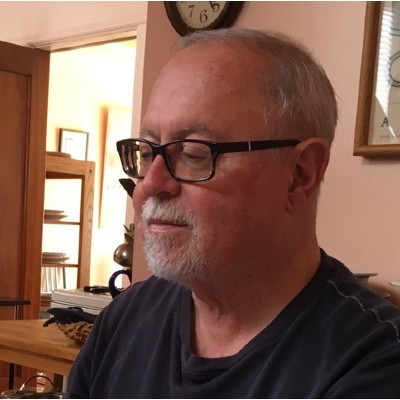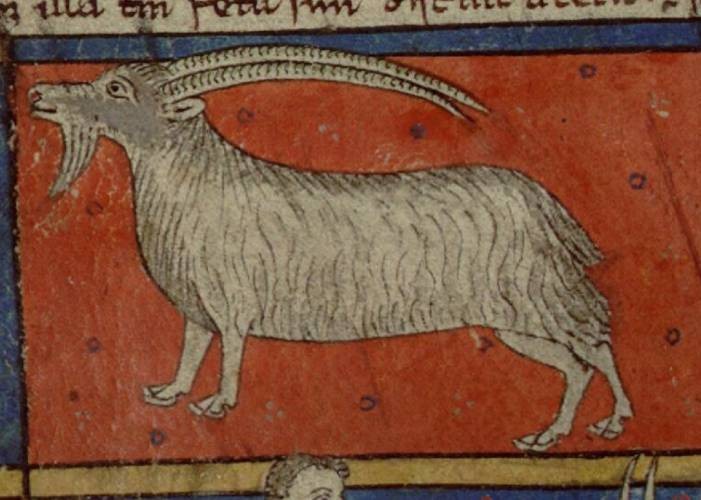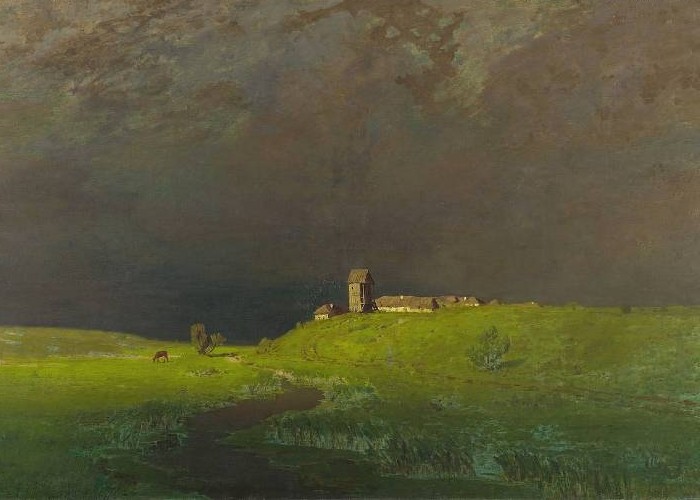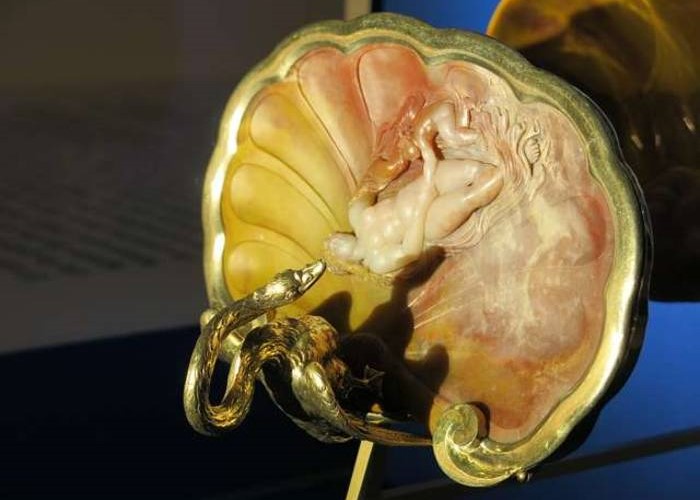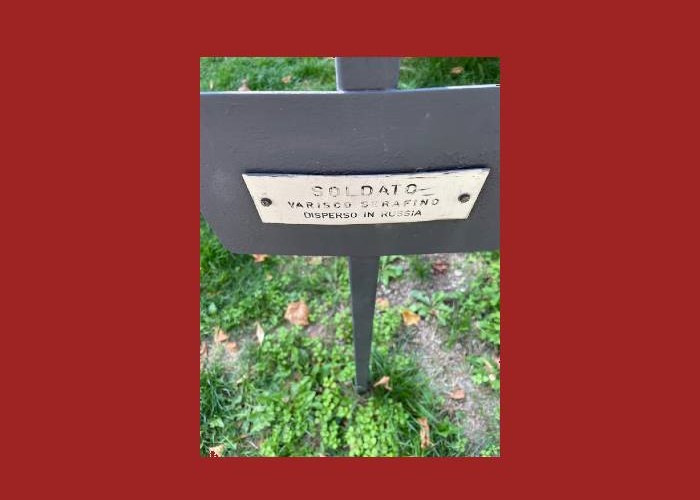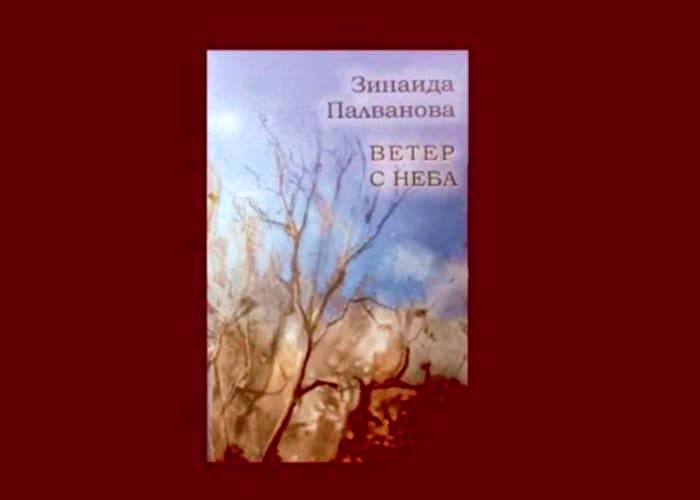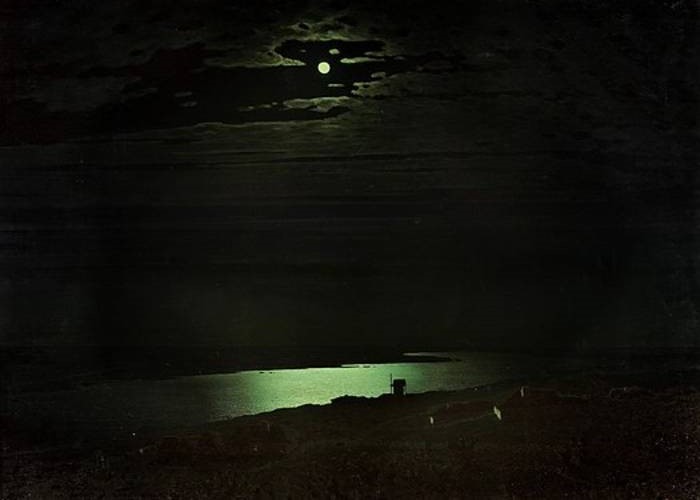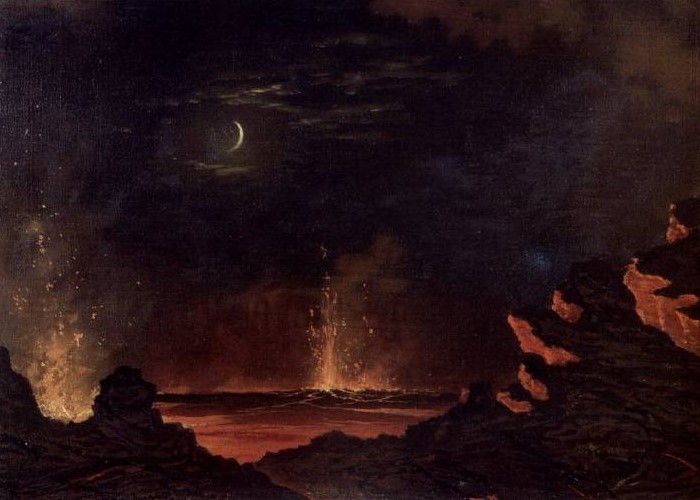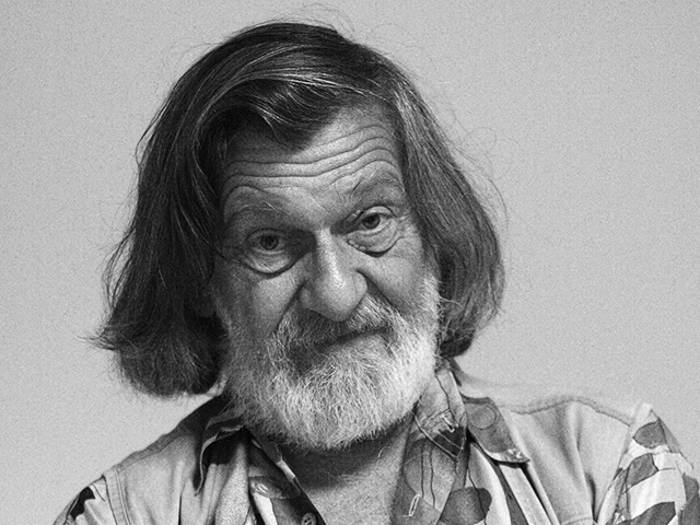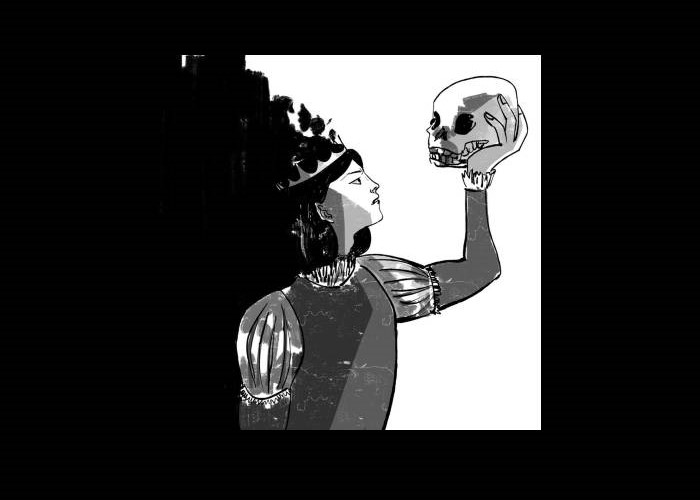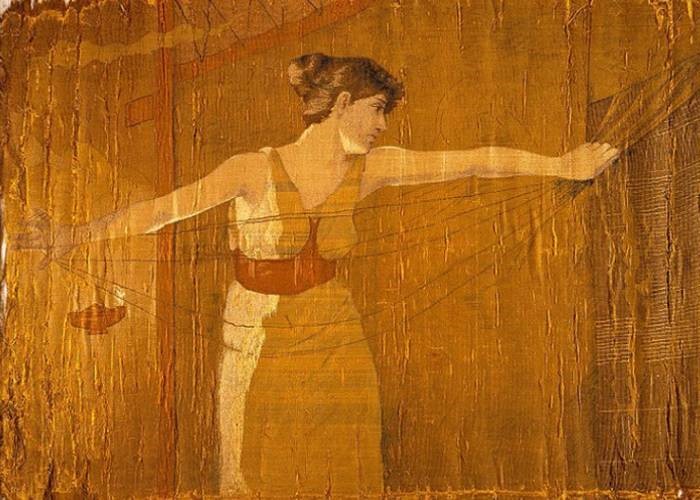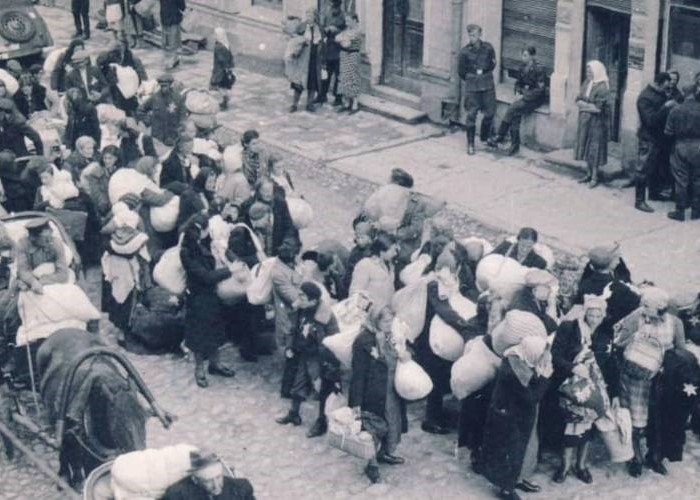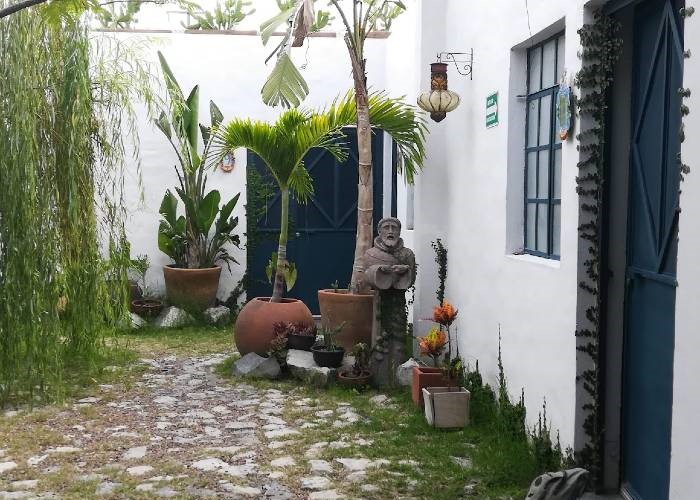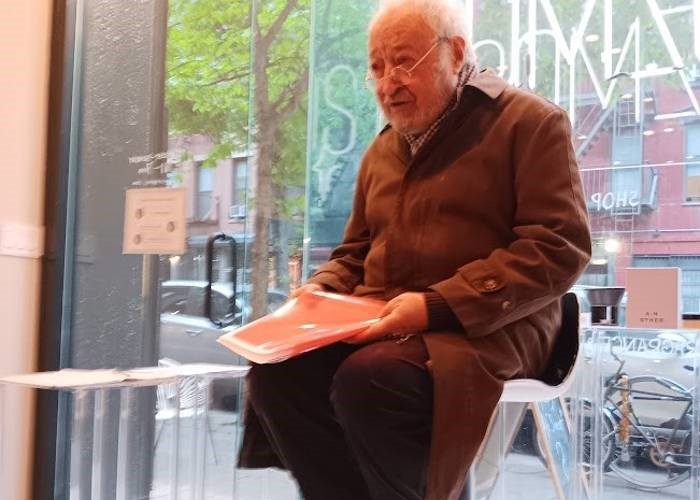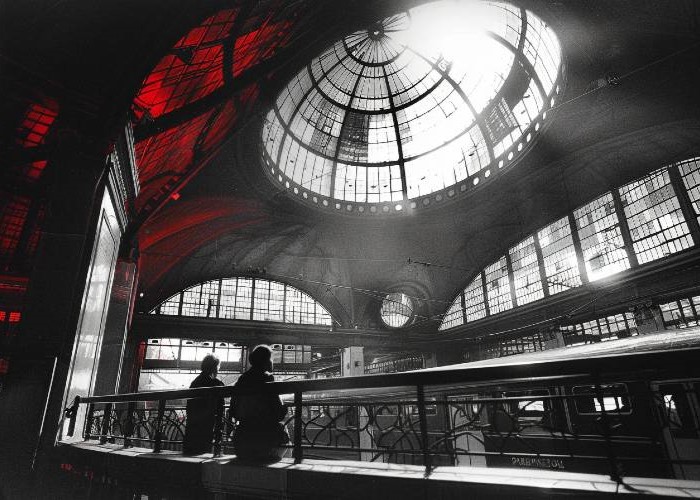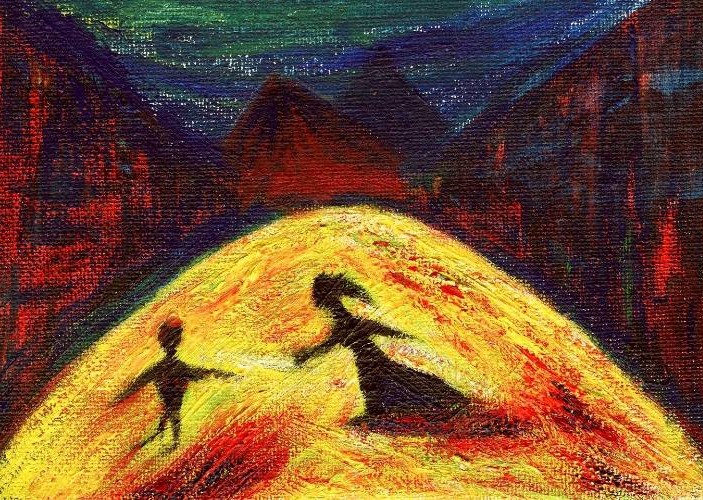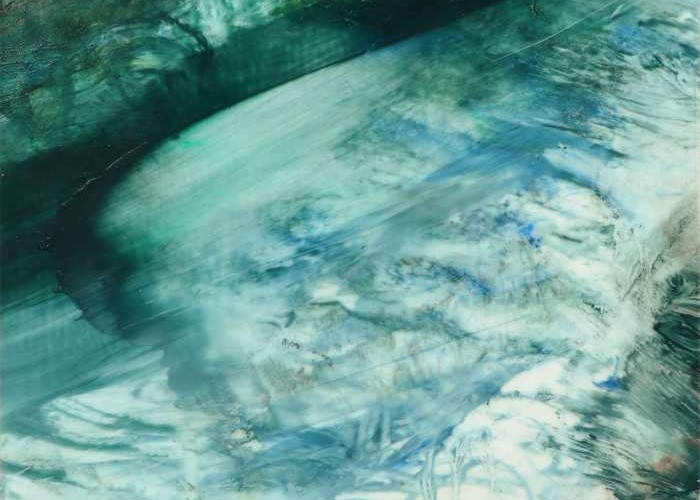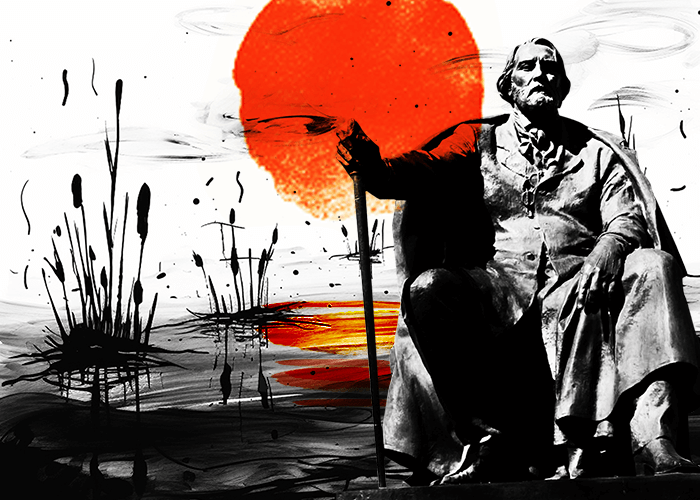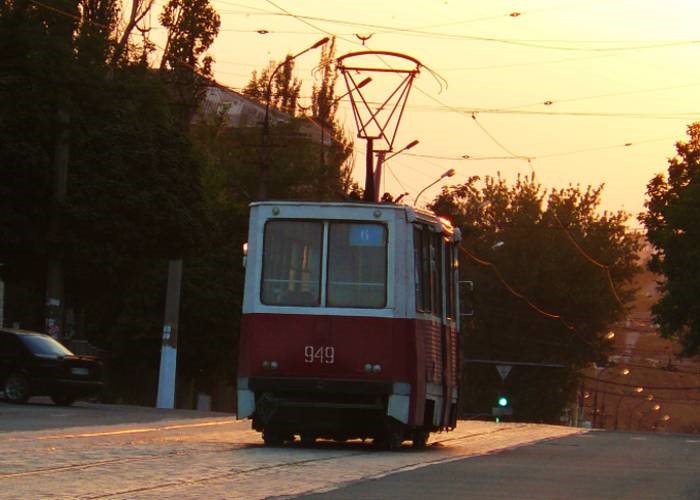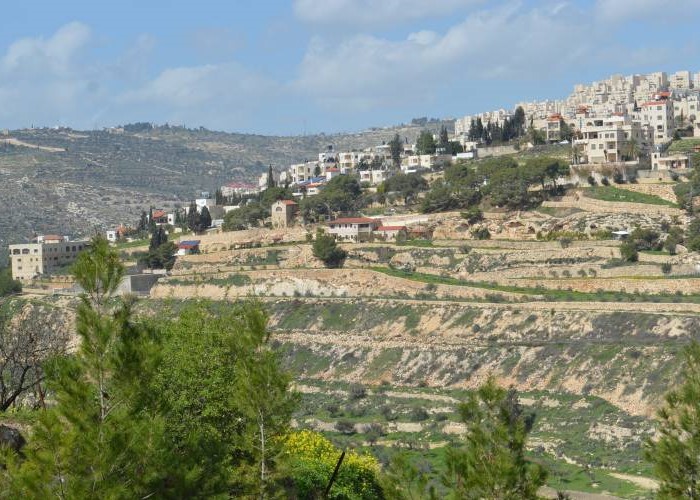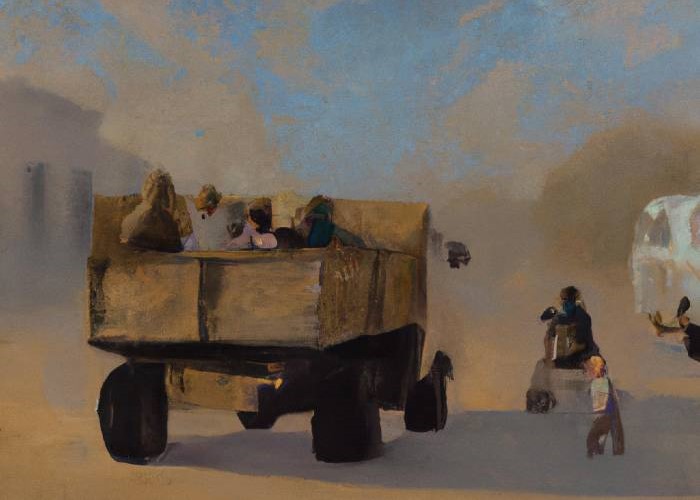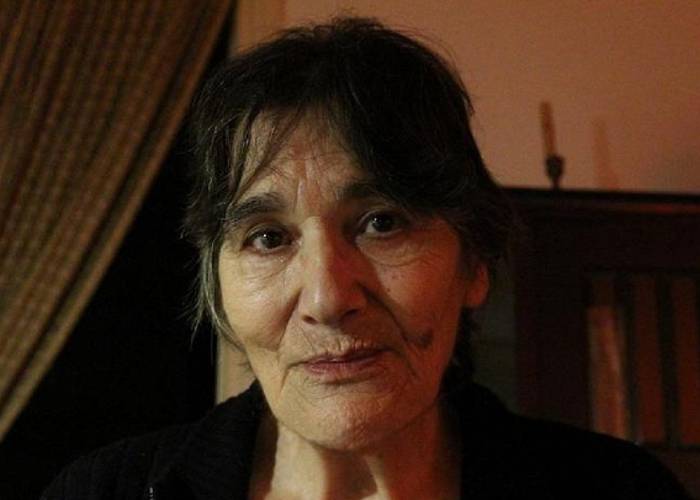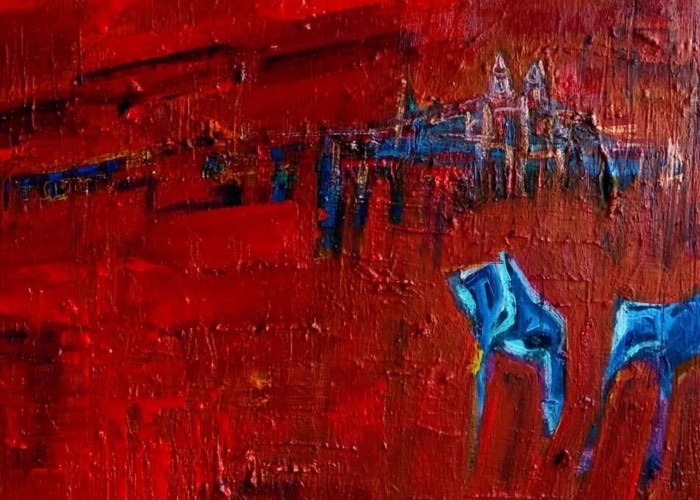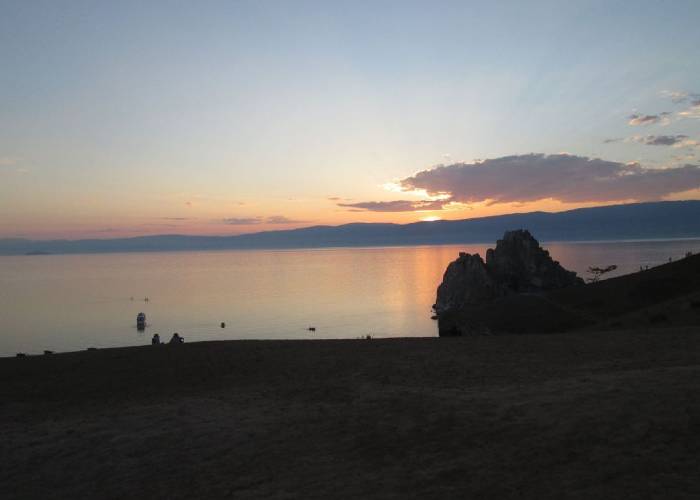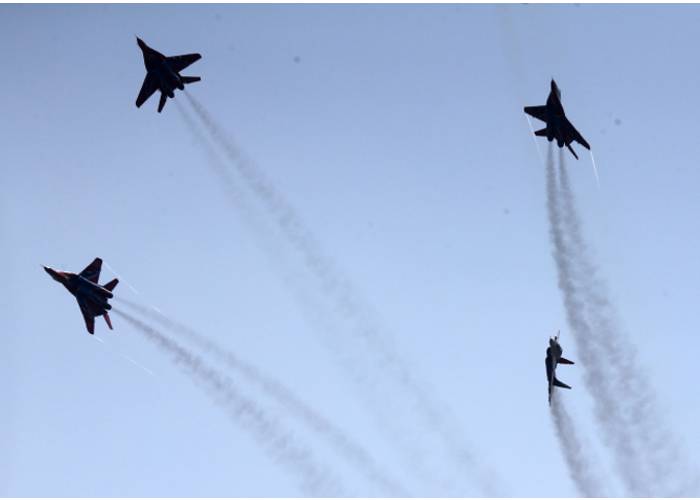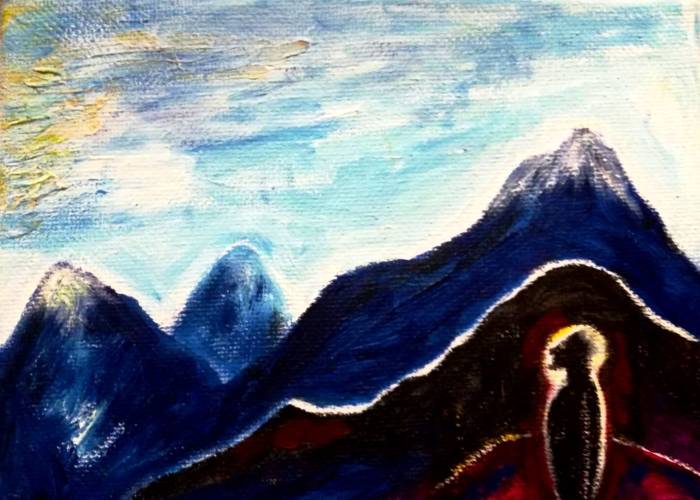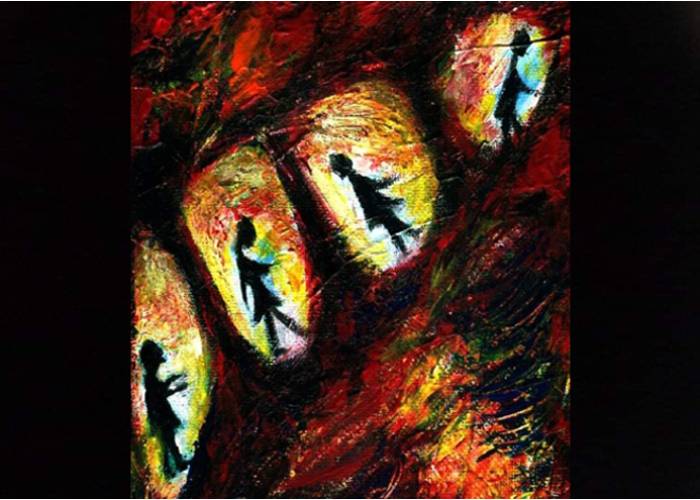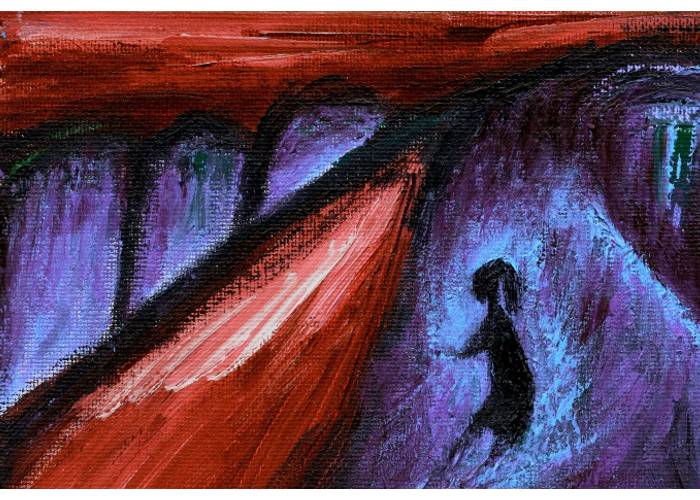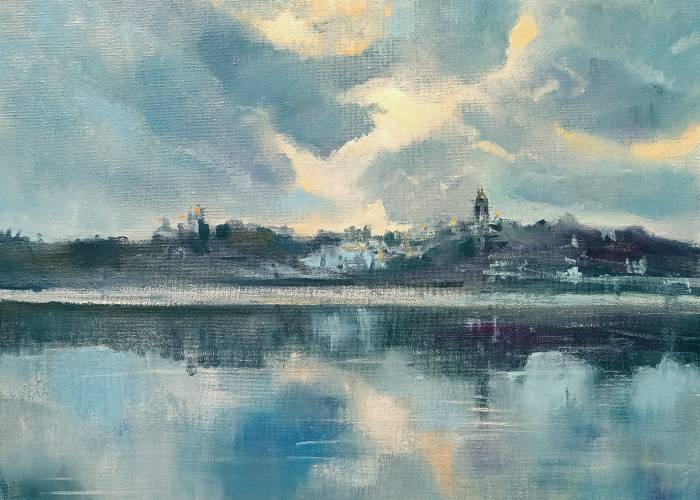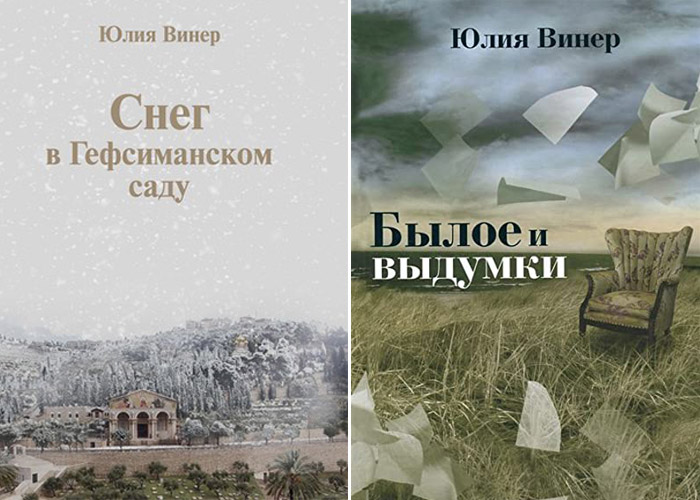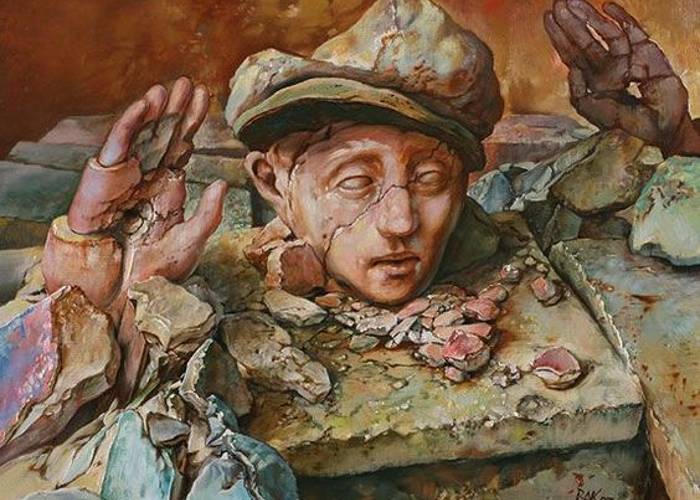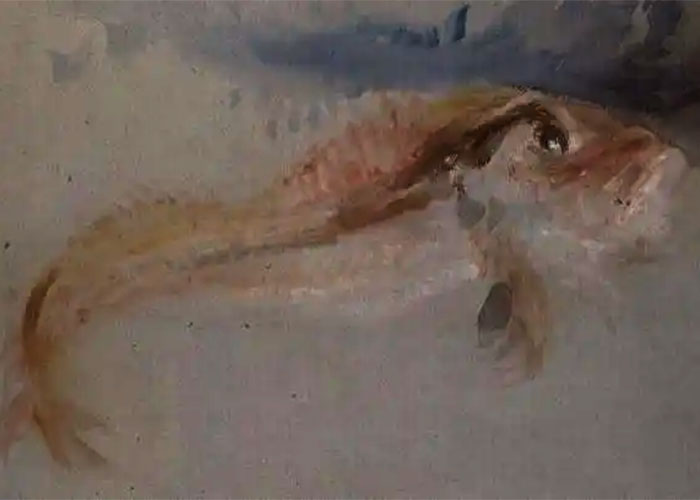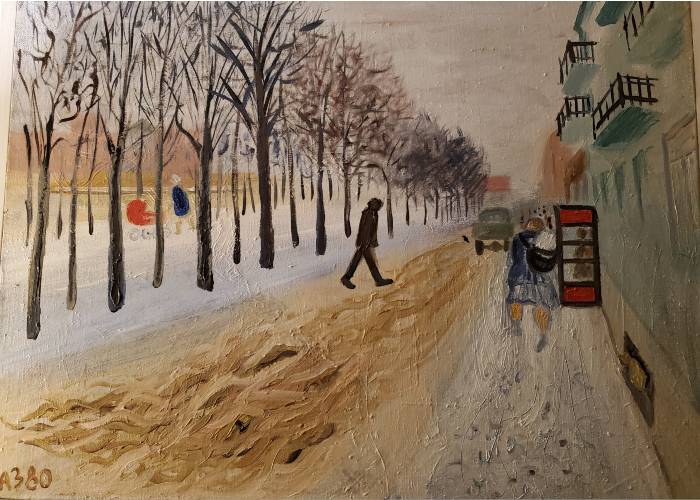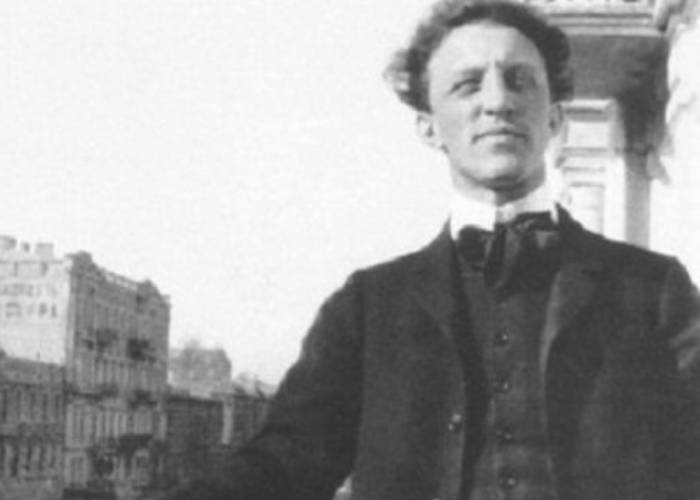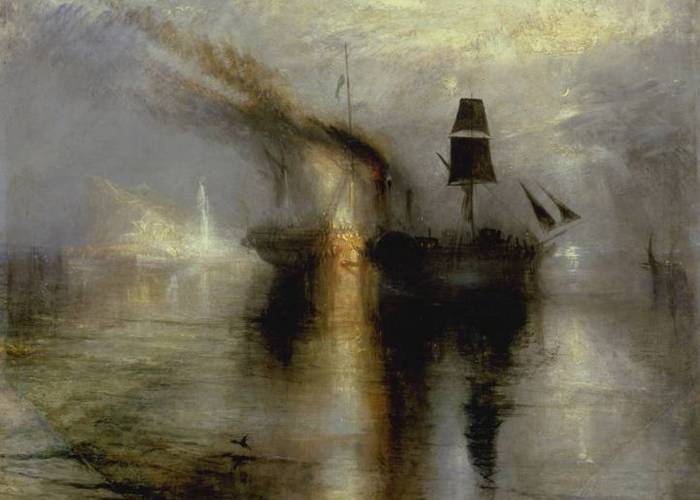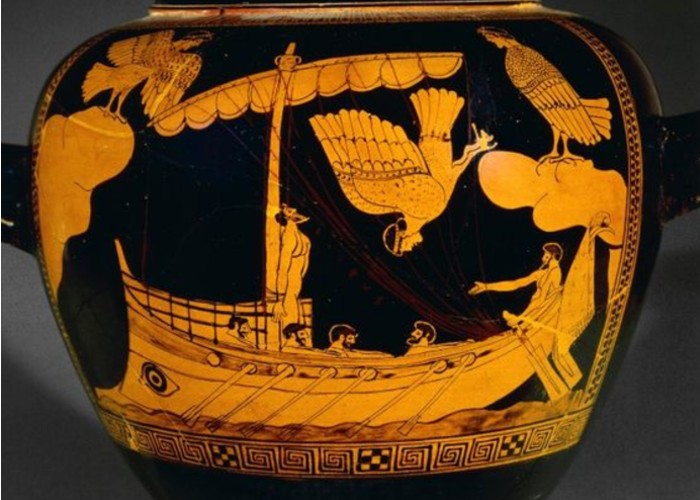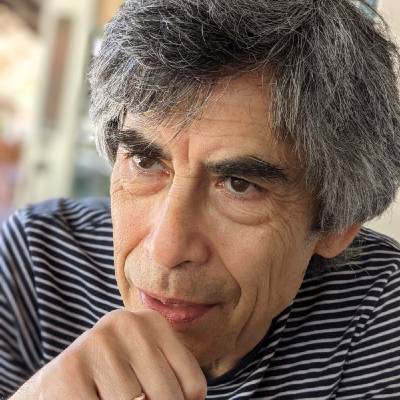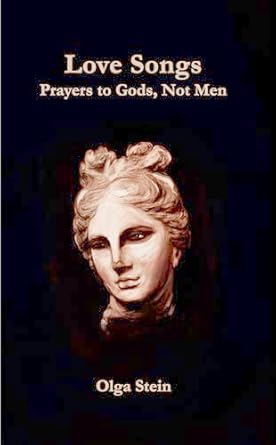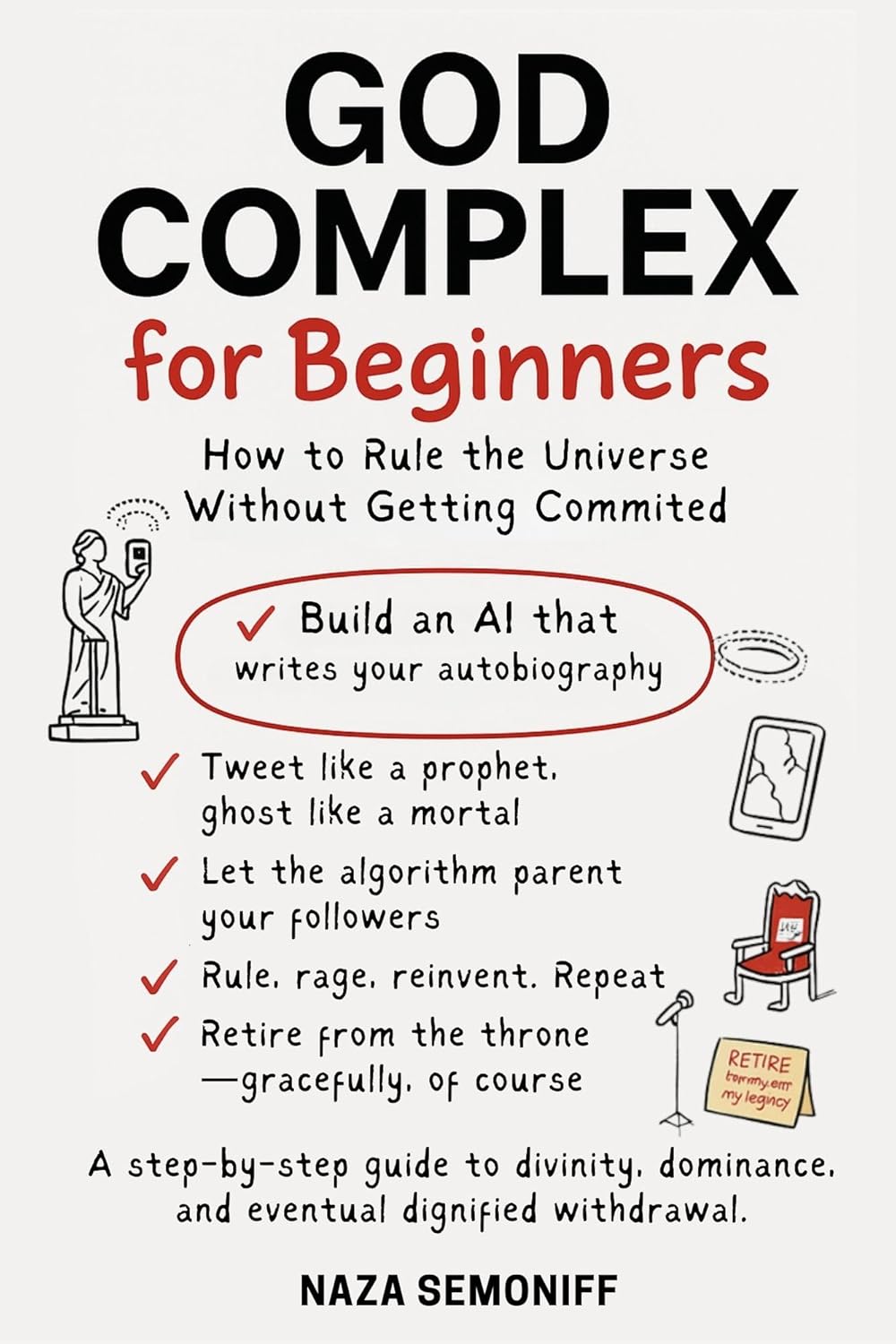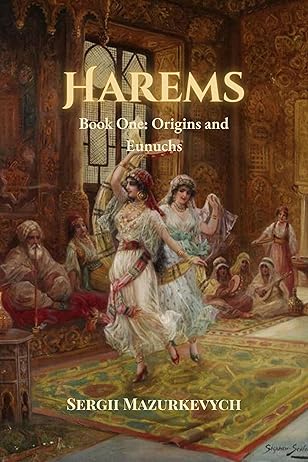From The Insistent Island*
Circe
He slept with her because, as Hermes warned, it
was too dangerous not to. And then, again and
again for a year, because she was a slow, warm
dark tide in a golden August sea. They
went from “Your face looks like a god’s
when you come” to “It’s your flawed humanity
I love”, to “You’re flawed”. Every bit as much
as summer, winter has its reasons. He left
when it was too dangerous not to.
Цирцея
Он спал с ней, ибо научил Гермес, что
отказываться было б пагубно. И вновь, и
снова весь год тонул в ее приливе тёплом
и медленном златого моря августа. От
“Твое лицо божественно, когда ты
кончаешь” прошли они до “Слабость человека
люблю в тебе” и до “Ты слаб”. Свои резоны
есть у зимы, как и у лета. Он ушел,
когда остаться было б пагубно.
* * *
The Sirens
What surprised him – so helpless and expectant –
was that the sound was something else than sound.
A sense of sunlight in the ear, a fragrance
that could only be heard and then a wing
and the utter joy of flight. As much beyond music
as harmony transcends speech. A heartleap
into a resonance so god-like he suddenly
knew what it was the gods worshipped.
And all this from the tonsils of three
wretched crones who sang as mindlessly as
spiders weave. Hunger is treacherous.
Сирены
Дивился он — встревожен, беззащитен —
тому, что звук не звук был, а иное что-то.
Будто в ухе луч солнца, благоуханье,
лишь слуху доступное, окрыленность и
восторг полета. Выше музыки настолько,
насколько выше речи музыка. В сердце
такое божественное эхо зазвенело,
что вдруг он понял, что́ самим богам — святыня.
И все это — из миндалин трех жалких
старух, поющих так бездумно, как паук
плетет тенета. Голод — вещь коварная.
* * *
Nausicaa
She said she wanted Odysseus for a husband.
Her father was willing to arrange a marriage.
But really, it was something more primal, more
hazardous to that peaceable realm. All
that year, puzzled, amnesiac moods
kept invading her. “Where was I before
I was here? How did I get here?”
This puny island at the edge of boring nowhere.
An ambitionless people, so unfond of conflict
and weapons, that they purposely
settled in a spot no one really cared about.
Petty traders, bribers of their enemies: the women
wove, the men – danced! Not a hero or poet among
them. “Was this why I was born?”
Every night, their little banquet. Her jowled, kinglet
daddy, his simple minded cow of a queen. Chewing
their stupid food, munching like stolid mules.
When the thirteen year old darling chasing her
errant ball almost crashed into the brine covered
castaway, all sinew and hunger, standing there
like some glittering Achilles in the morning sun,
and he asked – “Are you human or divine, young lady?” –
he was the sudden answer to her own brooding question:
“Who am I, who are these people? What did they do
with my real mother, my real father?
Навсикая
Сказала, что хочет в мужья Одиссея.
Отец и рад был устроить женитьбу.
Но дело-то было глубже, опасней
для безмятежного этого мира. Весь
тот год захлестывали ее волны
смятенья, беспамятства. “Где была я,
до того, как попала сюда? Как попала?”
Жалкий островок на краю пустого места.
Негордый народец, воевать не склонный
и бряцать оружьем до того, что нарочно
поселились в месте, никому не нужном.
Торговать по мелочи, врагов умасливать: жены
ткут, мужья — пляшут! Ни героя, ни поэта
средь них. “Не затем ли и рождена я?”
Ежевечерний пирок их. Папаша, скуластый
царек, и простушка-царица, корова. Жуют
свою глупую жвачку, как мулы безмозглые.
Когда за мячом укатившимся тринадцатилетняя
девчонка едва не влетела в просоленного,
изголодавшегося, жилы да кости, изгоя,
сиявшего неким Ахиллом в лучах рассвета,
спросил он: “Ты богиня иль смертная, дева?” —
ответом внезапным к вопросу, что так ее мучил:
“Кто я? Кто эти люди? Что они сделали
с настоящим отцом моим, с матерью настоящей?”
* The Insistent Island is a hybrid work, neither essay nor translation, but a poetic response to the myriad incarnations of The Odyssey; particularly Samuel Butler’s prose translation as lodged in Beck’s memory via a 1980s audiobook rendition. The poems were written over some thirty years, finding their synergy unplanned and unexpected.
Translated into Russian by Dmitri Manin
